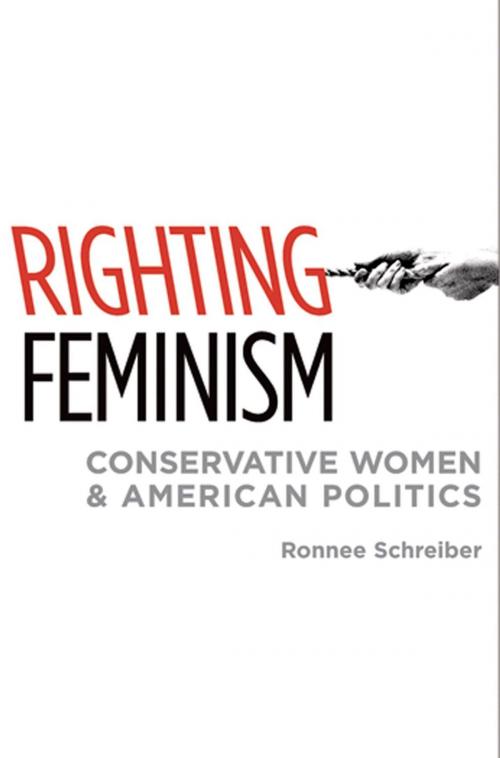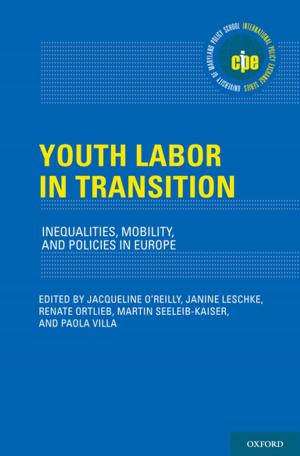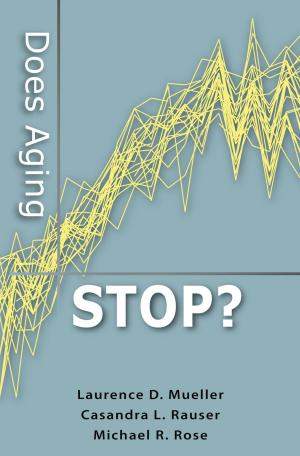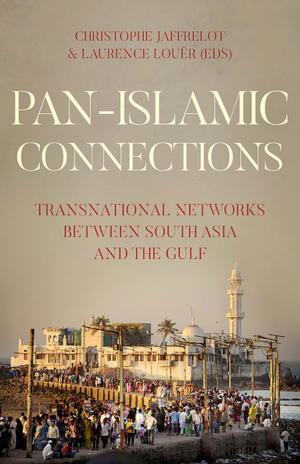Righting Feminism
Conservative Women and American Politics
Nonfiction, Social & Cultural Studies, Social Science, Gender Studies, Women&, Political Science| Author: | Ronnee Schreiber | ISBN: | 9780199887187 |
| Publisher: | Oxford University Press | Publication: | June 16, 2008 |
| Imprint: | Oxford University Press | Language: | English |
| Author: | Ronnee Schreiber |
| ISBN: | 9780199887187 |
| Publisher: | Oxford University Press |
| Publication: | June 16, 2008 |
| Imprint: | Oxford University Press |
| Language: | English |
When we think of women's activism in America, figures such as Gloria Steinem and Betty Friedan invariably come to mind--those liberal doyennes who have fought for years to chip away at patriarchy and achieve gender equality. But women's interests are not synonymous with organizations like NOW anymore. As Ronnee Schreiber shows, the conservative ascendancy that began in the Reagan era has been accompanied by the emergence of a broad-based conservative women's movement. And while firebrands like Ann Coulter and Phyllis Schlafly may be the public face of rightwing women's activism, a handful of large and established women's organizations have proven to be the most effective promoters of the conservative agenda. Righting Feminism shows that one of the key--albeit overlooked--developments in political activism since the 1980s has been the emergence of conservative women's organizations. It focuses on the most prominent of these groups, Concerned Women for America and the Independent Women's Forum, to reveal how they are using feminist rhetoric for conservative ends: outlawing abortion, restricting pornography, and bolstering the traditional family. But ironically, these organizations face a paradox: to combat the legacy of feminism--particularly its appeal to the majority of American women--they must use the rhetoric of women's empowerment. Indeed, Schreiber amply illustrates how conservative activists are often the beneficiaries of the very feminist politics they oppose. Yet just as importantly, she demolishes two widely believed truisms: that conservatism holds no appeal to women and that modern conservatism is hostile to the very notion of women's activism. Based on numerous interviews with colorful conservative activists and extensive analyses of organizational documents, Righting Feminism offers a new way of understanding the unlikely intersection of women's activism and conservative politics in America today.
When we think of women's activism in America, figures such as Gloria Steinem and Betty Friedan invariably come to mind--those liberal doyennes who have fought for years to chip away at patriarchy and achieve gender equality. But women's interests are not synonymous with organizations like NOW anymore. As Ronnee Schreiber shows, the conservative ascendancy that began in the Reagan era has been accompanied by the emergence of a broad-based conservative women's movement. And while firebrands like Ann Coulter and Phyllis Schlafly may be the public face of rightwing women's activism, a handful of large and established women's organizations have proven to be the most effective promoters of the conservative agenda. Righting Feminism shows that one of the key--albeit overlooked--developments in political activism since the 1980s has been the emergence of conservative women's organizations. It focuses on the most prominent of these groups, Concerned Women for America and the Independent Women's Forum, to reveal how they are using feminist rhetoric for conservative ends: outlawing abortion, restricting pornography, and bolstering the traditional family. But ironically, these organizations face a paradox: to combat the legacy of feminism--particularly its appeal to the majority of American women--they must use the rhetoric of women's empowerment. Indeed, Schreiber amply illustrates how conservative activists are often the beneficiaries of the very feminist politics they oppose. Yet just as importantly, she demolishes two widely believed truisms: that conservatism holds no appeal to women and that modern conservatism is hostile to the very notion of women's activism. Based on numerous interviews with colorful conservative activists and extensive analyses of organizational documents, Righting Feminism offers a new way of understanding the unlikely intersection of women's activism and conservative politics in America today.















